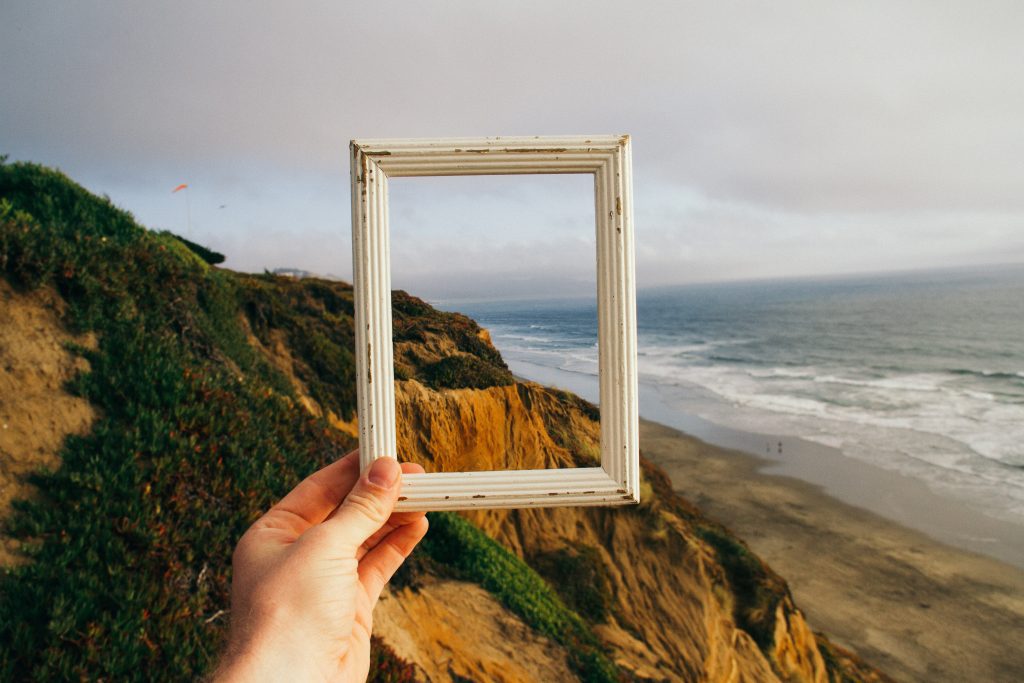
“Hope is empowerment,
Cristina Mittermeier (biologist, conservationist, photographer, author)
Hope is a solution,
Hope is a game-changer.”
Today, the dominant futures/foresight ‘methods’ are largely located in non-indigenous Global North frames. They do not adequately centre the context and imaginations of communities from around the world.
Our #SOIF2022 Futures Methods from Around the World research focuses on searching for global foresight methods. Its mission is to collect, curate and disseminate them. It will be presented for the first time at the SOIF Retreat in August.
The project was born when we looked for a live collection of such ‘methods’, and couldn’t find one. We hope such a collection will provide an arena where we can learn from each other, and also create:
- Safe spaces to learn more about the (sometimes unconscious) worldviews, mindsets, biases, and assumptions driving us and our current systems
- Insights that help us to rethink a wider array of potential pathways and possibilities – for example, new economic models focused on social and ecological regeneration, justice, (self) care, inclusion, and equity in our world.
- Ideas on ways to challenge prevailing dominant cultural, social, economic and political narratives.
The challenge
The term ‘decolonisation’ has become a victim of the buzzword machine. It is peppered across documents and discourses loosely and ambiguously, including in the futures community. This vagueness risks diluting its critical mission.
The way we see it, decolonisation reminds us to actively question the origins of the ethos and epistemology underpinning present-day research, ways of doing, economic and political models, and perhaps even our very imagination.
But decolonisation does not just stop there as a concept. It also asks us to actively identify and nurture a diverse way of thinking and doing, rooted in indigenous, place-based inspirations and plural worldviews.
When thinking about our futures, this becomes critical. We create what we can imagine. Our imagination is the most powerful tool we have as individuals and as a society.
There is a long list of global challenges that need to be confronted by our shared imagination of alternative futures. We must question the technological narrative being imposed on our futures. We need to address the polarisation among different social and cultural groups. We must reimagine our worn out, yet still dominant, economic models and the way they sit at the heart of contemporary societies.
The Response
Given the urgency and scale of the many issues that surround us, we want to help reframe them and to rethink them. To do this we want to draw on the wider imagination of communities around the world.
In our research we have discovered that there is no one place where we can find an inspiring collection of foresight methods from around the world. We want to change that. It should be easier for futures methods to connect to users and audiences.
Hence: Futures Methods From Around the World. We realise that many such methods will not be tagged or categorised as “foresight” or “futures”. They may not be documented formally at the moment, or written in English. Our initiative will be an iterative project that is part discovery, part support, part recognition and part amplification.
This initiative is led by Prateeksha Singh, the NGFP 2019 Joseph Jaworski Main Award winner for her Lotus framework, with members of the NGFP Sensing Network and support from the School of International Futures (SOIF).
The Lotus framework is for practitioners who want to do equity-based anti-colonial, culturally sensitive and inclusive work in diverse communities, and The NGFP’s Sensing Network is one of the largest global networks of future-alert activists and practitioners globally.
If you have a method you would like to propose to the team, please get in touch with Daniel Riveong at the NGFP.
